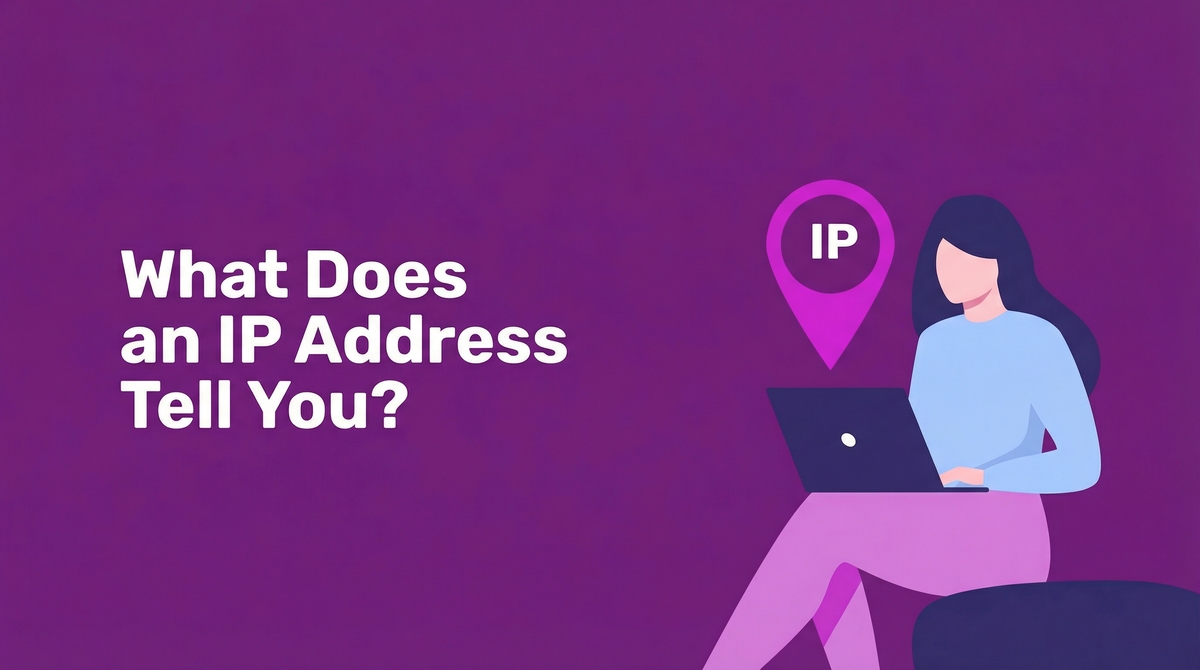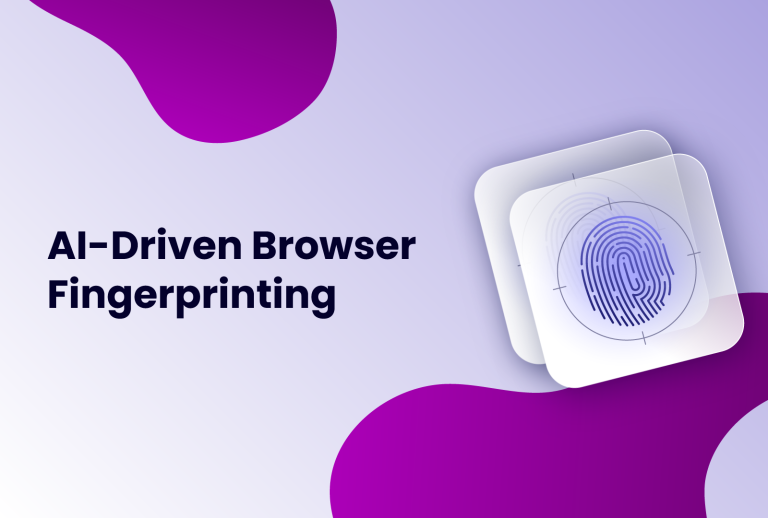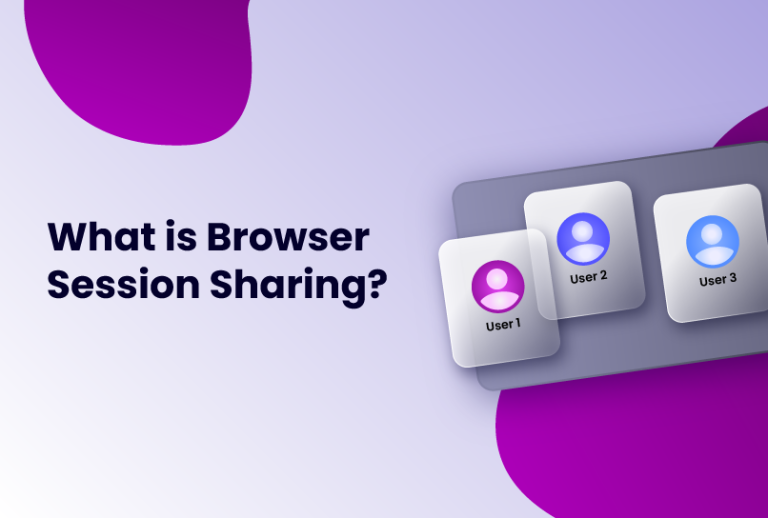IP addresses are the internet's equivalent of a personal identification number. The internet is a massive network of computers that are linked all over the world. These linked computers use IP addresses to identify themselves, allowing for smooth communication and a seamless internet experience for you.
The term "IP address" is an abbreviated form of Internet Protocol Address. It is an essential part of your internet browsing experience, and you might be familiar with it. But do you know what an IP address can tell about you? The information contained in your IP address can make or break your internet experience. Let's take a deep dive into what IP addresses are, what they are used for, and how they are used.
What is an IP address?
An IP Address is a string of numbers that identifies your device on the internet. We can liken it to your postal code for the internet. Whenever you send or receive information on the internet, that's the identifier that ensures your information doesn't miss its destination.
IP addresses are as old as the internet. The Internet Assigned Numbers Authority (IANA) was constituted in 1983 to coordinate the Transmission Control Protocol/Internet Protocol, the system that undergirds IP addresses as we use them. The IANA allocates IP address blocks to regional Internet registries, which then allocate smaller blocks to national and local registries. Eventually, smaller blocks of addresses are assigned to internet service providers, who then assign specific IP addresses to individual devices.
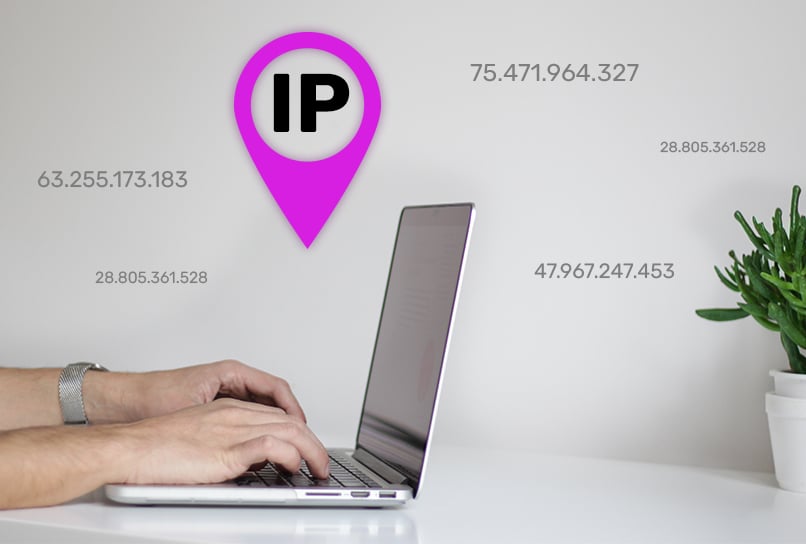
Types of IP Address
IP addresses are vast, and there are several distinct ways they can be classified.
IPv4 Vs. IPv6
Most of the IP addresses in use today are IPv4. Internet Protocol version 4 (IPv4) was the first kind of IP address deployed at the onset of the internet in 1983. It is a string of four numbers separated by periods. Each of the four numbers ranges from 0 to 255. They look like this:
132.45.220.12
The format of IPv4 allows for only 4.3 billion IP addresses. The internet is expanding rapidly, and we are running out of these IP addresses. It is projected that by 2024, there will be a 200 percent increase in the number of devices connected to the internet. This is why the Internet Protocol version 6 type was developed.
In contrast to the 32-bit IPv4, IPv6 is in 128 bits hexadecimal format, and it can provide about 340 undecillion addresses. That's 340 trillion trillion trillion addresses, enough for everyone on the planet. There are a whole lot of possibilities with this new and longer format. It allows faster and more efficient movement of data between connected devices. This is because each device in a network can have a specific IP address attached to it and not an IP address based on the network router's address.
An IPv6 address looks like this: 5067:4d9c:f59b:84d1:5bf0:6ee7:3bd7:df45. Google reports that about 30-35% of internet users have IPv6 addresses. The adoption of IPv6 is expected to increase as we exhaust the possibilities of IPv4.
Public IP vs. Private IP
Every device connected to the internet has an IP address but depending on the network the device is connected to, the IP address is either a public or a private one. A Public IP address is visible to everyone on the internet, while a private IP address is only visible within a restricted network. For example, your home's router connects to your ISP via a public IP address. All the devices on your home network connect to the router via private IP addresses. This address can't be seen by any device outside your home network. Your router uses it to identify all the devices connected to it.
Static IP vs. Dynamic IP
Static IP addresses do not change, and they are manually created. In contrast, dynamic IP addresses change because they are assigned by a Dynamic Host Configuration Protocol (DHCP) server. Dynamic IP addresses are assigned automatically and exchanged by ISPs for their clients.
What Does Your IP Address Reveal?
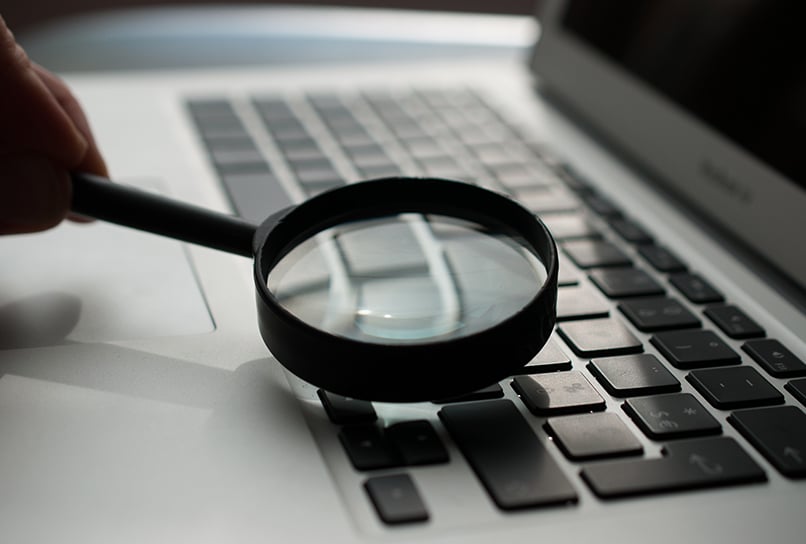
We have established that IP addresses are communication doors of the internet. Interestingly, unlike your house doors, IP addresses can be great locators. IP addresses are assigned geographically. From your device's IP address, one can get a general idea of your location. Since IP addresses are unique, they can tell a lot about the kind of person you are and what you do online.
Whenever you visit a website or use any internet service, your device's IP address is part of the data you share. Anyone willing to do the work can stitch these data together from your activities online to get specific information about you. A 2013 study reports that IP addresses can be used to determine specific information about an individual, such as
- Online services for which they have registered.
- Personal interests, based on websites visited.
- Organizational affiliations.
- Locations they have visited physically.
IP addresses do not outrightly reveal your personal information or confidential data. It requires technical know-how for someone to find actionable information about you with your IP address. This kind of expertise may be hard to find, but it exists.
How Can You Check Your Public IP Address
A simple Google search for the keywords "my IP address" will yield results that display your device's address. You can also visit websites like whatismyip.com and IP chicken to check your IP address. In addition to knowing your IP address, you will get further information that includes:
- Region
- City
- ZIP code
- Name of your Internet Service Provider (ISP).
You can also check your device's IP address manually. Depending on the operating system running on a device, this method varies. For devices that run on Microsoft's Windows Operating System, you can check your IP by doing the following:
- Go to Settings
- Click on Network & Internet
- Select 'Properties'. You will see your IPv4 and IPv6 address listed.
A faster way is to use Command Prompt. Type in "ipconfig" without the quotes and press enter. It will display the information on the device's IP address. If you use a Mac,
- Go to System Preferences
- Click on Network. You should find it there.
On an Android device, do the following.
- Go to Settings and Click on "About Phone"
- Click on "Status Information." You will find both your IPv4 and IPv6 addresses listed.
If you use an iPhone,
- Go to Settings
- Click on the blue icon next to your active Wi-Fi connection. You will find the IP address listed.
Can Someone Find Your IP Address?

Anyone with access to your device can get your device's IP address. There are other ways an external party can get your IP address. However, these methods are quite difficult and require someone with an intent to follow them through.
A malicious agent can trick you into revealing your IP address or stalk you online till they find it. They might also use it to hack your device and steal sensitive information. Cybercriminals are not the only ones interested in knowing your IP address. Law enforcement agencies use it to identify criminals and trace their location. When they lay their hands on it, they can make ISPs give sufficient details to arrest internet users for their crimes.
Online Advertisers use IP addresses to personalize the ads they show to you. Once they know your IP address, they will use other tracking techniques to collect data on your online activities. Consequently, they can target you with relevant products and services. Companies that provide internet services to their employees at work can also monitor your online activities based on your IP address.
How Can You Hide Your IP Address
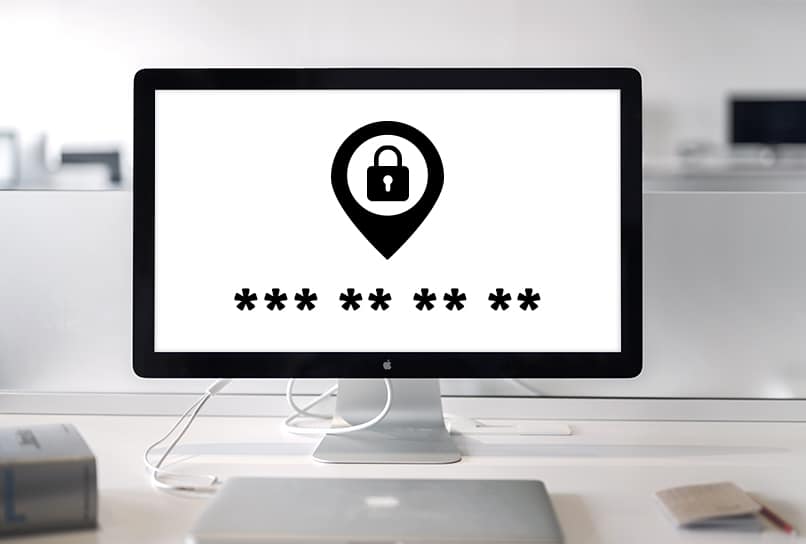
If you desire a high level of anonymity on the internet, you should start by hiding your IP address. There are different ways you can do that. One of these ways includes using a VPN or proxy service.
Virtual Private Networks (VPNs) and proxies hide your IP address in similar ways. When you use them, the data you send and request on the internet is passed via an intermediary. The intermediary is a computer server and has its IP address. Thus, your IP address is visible to only the server. The major way a VPN differs from a proxy is that the data exchange is encrypted.
VPNs are ubiquitous in the modern internet world, and many doubt the integrity of the service provided by VPNs. There is no simple answer to the question; "are VPNs safe?".
VPN only offers a basic level of internet anonymity. It is still prone to data leaks and data logging by the service provider. Also, online tracking and profiling is a complex system that goes beyond IP address change alone. VPNs are powerless in the face of sophisticated tracking techniques like browser fingerprinting.
A strong online privacy setup consists of a variety of tools other than VPNs. One of these tools is an anti-detect browser. An anti-detect browser is just like regular browsers (Chrome, Firefox, etc). However, it is built with different technology and it is more privacy-centric. In addition to IP addresses, you leave a digital fingerprint whenever you surf the internet. What anti-detect browsers like Incogniton do for you is spoof these fingerprints. Thus, tracking systems and malicious agents won't be able to recognize you online.
In conclusion
IP addresses grant you access to the online world. However, with the right amount of technical expertise, a lot can be uncovered about you with your IP address. You must note that you cannot fully hide your IP address. What you can do is mask it with another one. And that's what VPNs and proxies do. We know that this alone cannot prevent online tracking. You need other tools to retain control over your privacy on the internet. One of those tools is an anti-browser like Incogniton.
